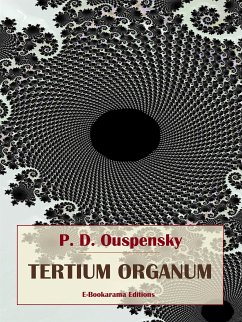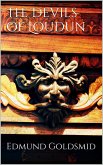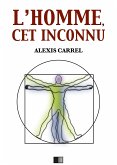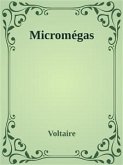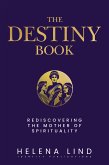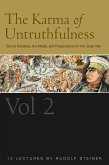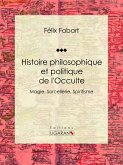Ouspensky’s experimental efforts to enter higher states of consciousness proved to him that an entirely new mode of thought was needed by modern man, qualitatively different from the two modes (classical and positivistic) that have dominated Western civilisation for 2000 years. "Tertium Organum" is a clarion call for such thought, ranging brilliantly over the teachings of Eastern and Western mysticism, sacred art and the theories of modern science.
Dieser Download kann aus rechtlichen Gründen nur mit Rechnungsadresse in A, B, BG, CY, CZ, D, DK, EW, FIN, F, GR, HR, H, IRL, I, LT, L, LR, M, NL, PL, P, R, S, SLO, SK ausgeliefert werden.

